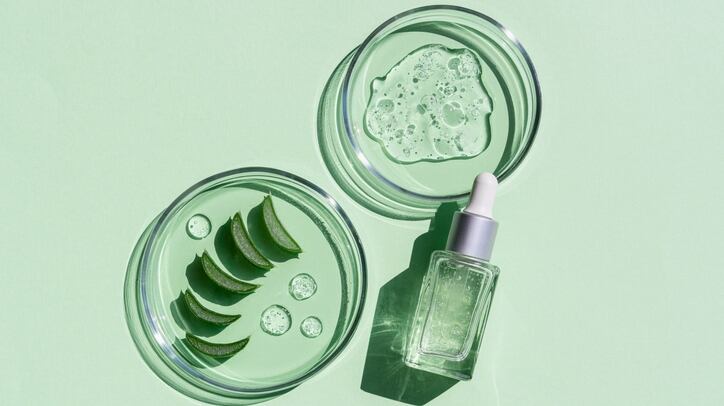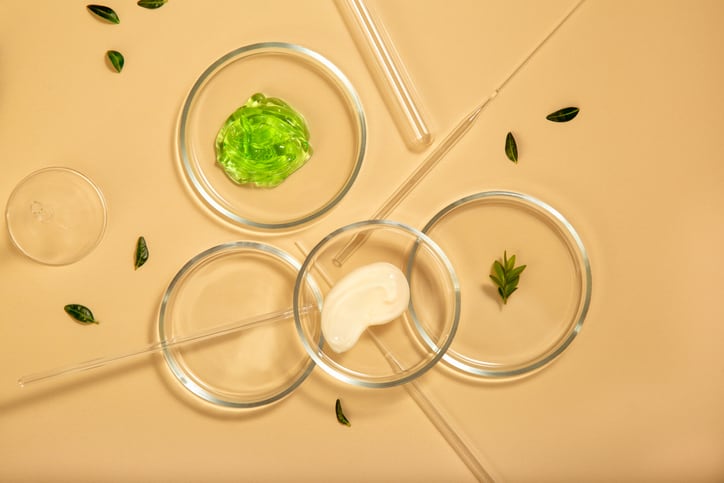CosmeticsDesign spoke with Genomatica product marketing manager Kyle Huston about what the company is doing in the personal care space beyond their own butylene glycol ingredient, what role biotech plays in the industry and what the technologies future may be.
I was hoping we could talk a little more broadly about what your company is doing in the personal care space right now.
A lot of our business is composed of designing technologies, licensing and selling technologies to companies who want to remake their supply chain.
For example, Lululemon was recently announced as an investor. We're working with them to develop natural nylon and be the first of its kind to remake nylon. Every nylon you’ve probably ever touched or seen in your life comes from petrochemicals. This will be the first natural nylon, particularly for women's athleisure apparel.
We also had another announcement a couple of weeks ago, where Unilever and Genomatica are going into a joint venture to remake the world of cleaners surfactants. Right now surfactants go into everything from cosmetics, household cleaners, laundry and fragrances.
Most of that is coming from the petrochemical world or the palm oil world, which are both problematic in different ways. This is going to be a project of ours over the next couple of years to remake cleaners and surfactants.
Have you seen kind of a change in interest in rebuilding supply chains?
The whole world was looking for things that are natural 10 or 15 years ago. More recently, sustainability was key. The next step is that you don't just get to claim sustainability because you’re natural.
It’s about talking more about what entails sustainability so it's more transparent. These companies are having to really invest in sustainable technology and sustainable changes because the consumers are demanding it.
What are the most common supply chain issues that companies are coming to you to adjust or change?
The biggest one is carbon footprint reduction. Everybody is trying to improve their sustainability and lower their carbon footprint. But also it's looking at where the raw materials are being sourced from and if we make certain guarantees that something is not going to be ethically challenged.
We've seen this all over the place where companies are looking to have more transparency in their supply chains. This is the push for kind of ESG-type behavior and corporate governance. At the same time, you've got more consumers trying to express themselves with their purchases. If your product doesn't have an in-depth story, then that consumer is not able to express themselves with so much personality.
There's a lot of excitement around biotech in cosmetic and personal care ingredient production. What do you see as some of the barriers that you're working on to scale-up biotech?
The cost is going to be the thing that enables more and more biotechnology-enabled ingredients to get into the space. It was only 50 years ago that we sequenced the human genome, and it costs an unknown amount of money. Now you can go sequence your own genome for like $40. So as that type of thing gets less and less expensive you can shift biotech from what was exclusively pharmaceuticals.
How are you working with companies to address the agricultural and food supply implications that biotech can have?
We've touched on that a little bit, the competition with food. We've done analyses that show if the whole world converted their butylene glycol supply to using our technology, which is consuming mostly wheat and corn sugars, we'd be using a fraction of a percent of Europe's corn supply, for example. You look at the arable land that is not yet farmed and options to expand the amount of farmland there. At least in our world, we're not really affecting or competing with the food supply.
What else is important for cosmetics professionals to know?
We're continuing to work on transparency, and just for our business, it's never-ending in terms of keeping up with how much information we can offer and guarantee. That's a lot of what people are looking for is specifications or guarantees to some ingredients so they can capture a bunch of other ingredients with a similar claim and then make a product that goes on the shelf that says that this comes from a certain place or has a certain feel or appeal to a consumer.



